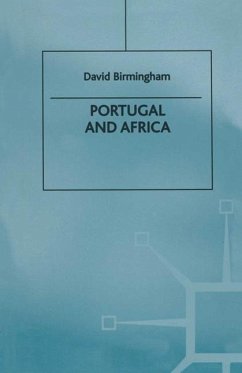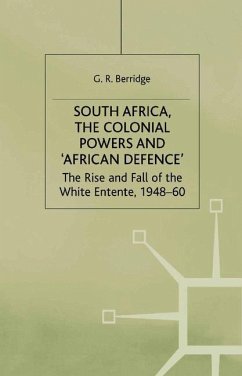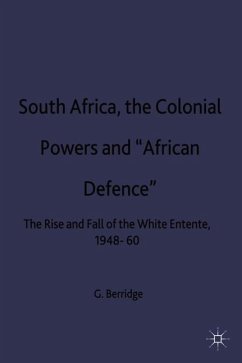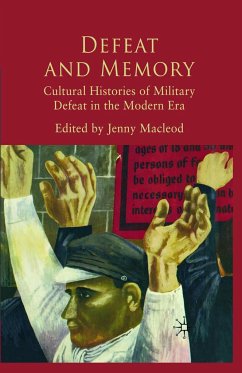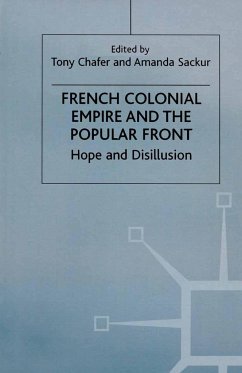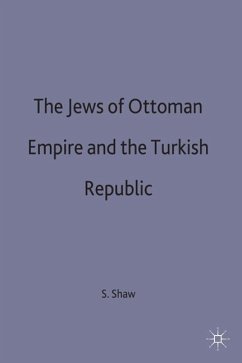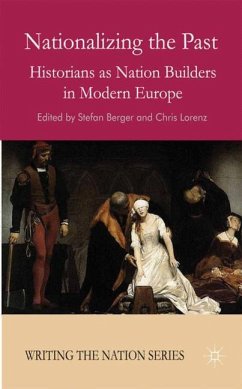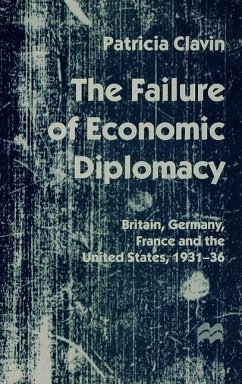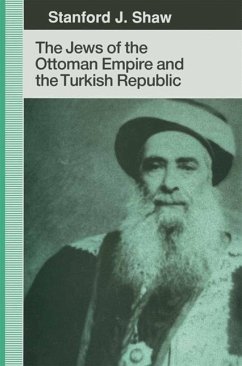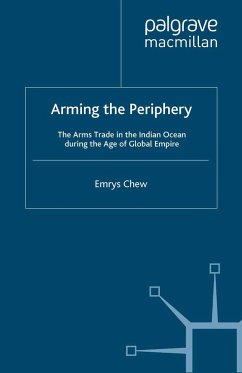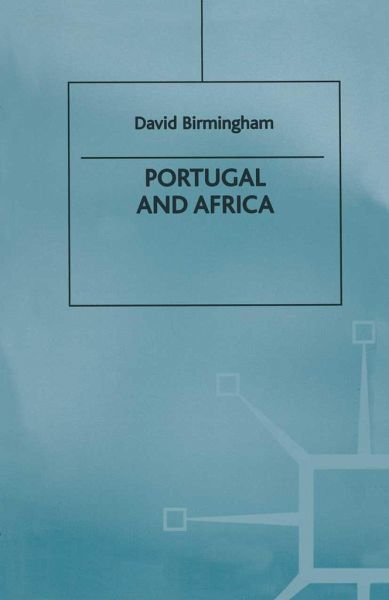
Portugal and Africa
Versandkostenfrei!
Versandfertig in über 4 Wochen
102,99 €
inkl. MwSt.
Weitere Ausgaben:

PAYBACK Punkte
51 °P sammeln!
The late-medieval Portuguese who arrived in Africa were colonizers in the roman style, gold merchants on an imperial scale, conquistadores in the Hispanic tradition. Although their empire struggled to survive centuries of Dutch and English competition, it revived in the twentieth century on a tide of white migration. Settlers, however, brought racial conflict as well as economic modernisation and the Portuguese colonies went through spasms of violence which resembled those of Algeria and South Africa. Liberation eventually came but the peoples of the old colonial cities clung tightly to their ...
The late-medieval Portuguese who arrived in Africa were colonizers in the roman style, gold merchants on an imperial scale, conquistadores in the Hispanic tradition. Although their empire struggled to survive centuries of Dutch and English competition, it revived in the twentieth century on a tide of white migration. Settlers, however, brought racial conflict as well as economic modernisation and the Portuguese colonies went through spasms of violence which resembled those of Algeria and South Africa. Liberation eventually came but the peoples of the old colonial cities clung tightly to their acquired traditions, eating Portuguese dishes, writing Portuguese poetry and studying in Portuguese universities.



